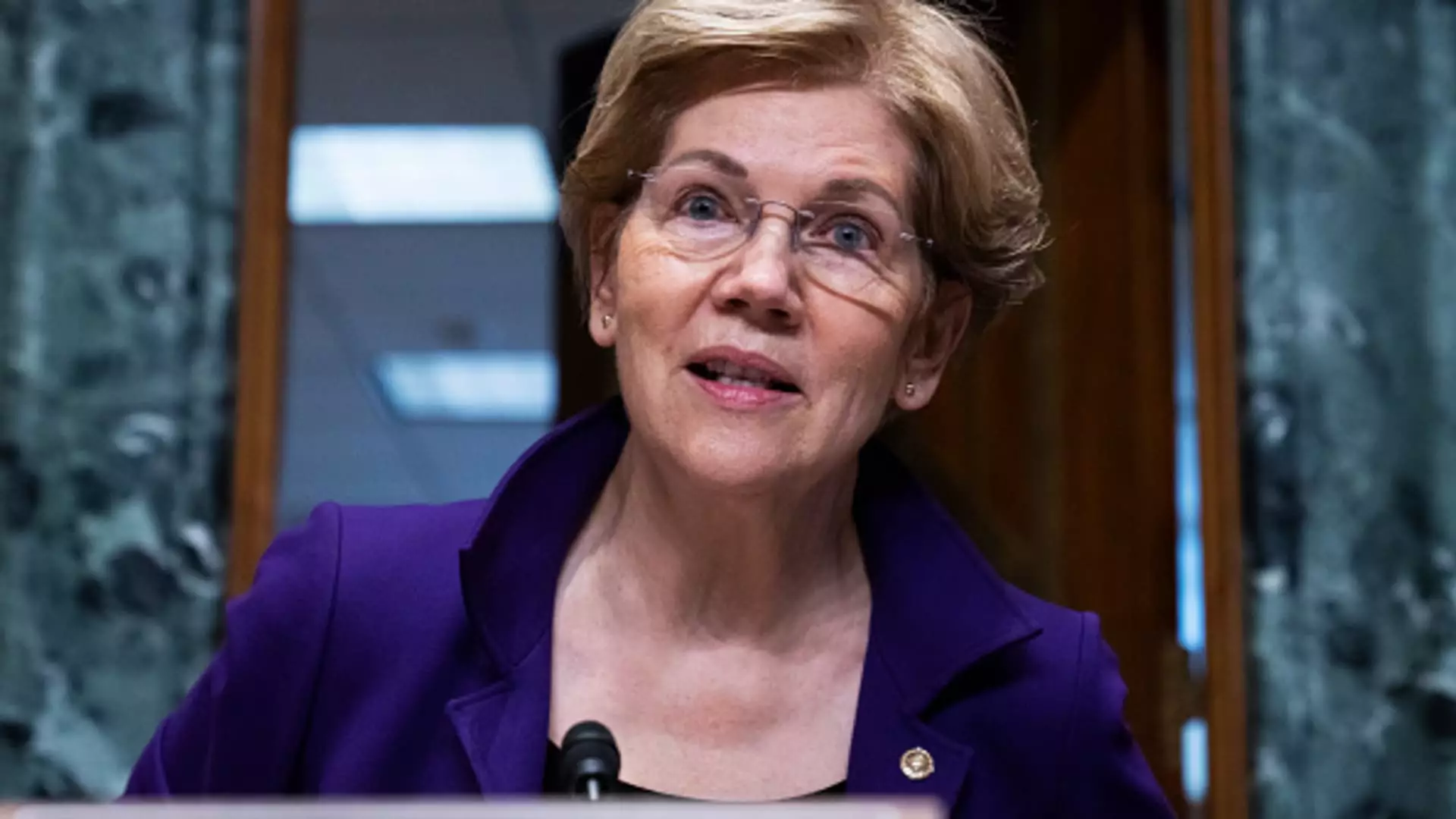In 2023, a contentious transfer of student loan accounts from NelNet to Mohela highlighted significant flaws in the management of loan servicers, resulting in widespread inaccuracies in consumer credit reports. Lawmakers recently brought these issues to light, detailing how millions of borrowers were affected by the fallout of this transition. The implications for credit scoring were particularly unsettling, adding another layer to the complex landscape of student loan management.
A group of prominent lawmakers, including Senator Elizabeth Warren and Senator Ron Wyden, formalized their concerns by addressing a letter to key governmental figures, including Rohit Chopra of the Consumer Financial Protection Bureau (CFPB) and Miguel Cardona of the U.S. Department of Education. Their inquiry delved into the mishandling of credit reporting during the transfer, underscoring a pressing need for accountability. The lawmakers not only called for a thorough investigation into NelNet, Mohela, and the major credit reporting agencies—Equifax, Experian, and TransUnion—but also urged these entities to clarify the scale of the errors.
The Impact on Borrowers
The ramifications of this transfer debacle were substantial, with nearly two million borrowers facing duplicate student loan records on their credit reports. Such duplications can severely undermine credit scores, leading to adverse consequences for individuals seeking mortgages, car loans, and other critical financial instruments. The lawmakers detailed over 100,000 instances in which borrowers were negatively impacted, with many experiencing credit score reductions exceeding 20 points. These reductions could hinder borrowers’ financial mobility, exacerbating existing challenges in obtaining favorable loan terms or financing options.
A Breakdown of the Errors
Investigations revealed a significant lapse in Mohela’s communication regarding the loan transfers. They reportedly failed to adequately inform credit reporting agencies about each student loan transition from NelNet, resulting in erroneous reporting where a single loan balance appeared twice. The oversight not only muddled borrowers’ financial standing but also escalated the number of disputes, with approximately 7,500 complaints filed by affected borrowers seeking corrective measures. Such a level of mismanagement raises critical questions about the processes involved in transferring sensitive financial data.
With the credit reporting agencies asserting that they have resolved the duplicate balance issues, the focus now shifts to preventing future occurrences. Lawmakers are advocating for the CFPB and the Department of Education to exercise their supervisory clout, ensuring appropriate accountability and remedial actions from the entities involved in the transfer process. As the dust settles, it is crucial that these governmental agencies take concrete steps to bolster the integrity of student loan servicing and protect consumers’ financial well-being.
The 2023 transfer of student loan accounts illuminates the complexities and potential pitfalls of managing public financial services. The issues stemming from this inadequately managed transition not only underscore systemic failures but also invite scrutiny into the operational transparency of financial institutions involved in student servicing. As borrowers grapple with the aftermath, proactive measures must be prioritized to restore trust in the student loan system and safeguard consumers from similar missteps in the future.

